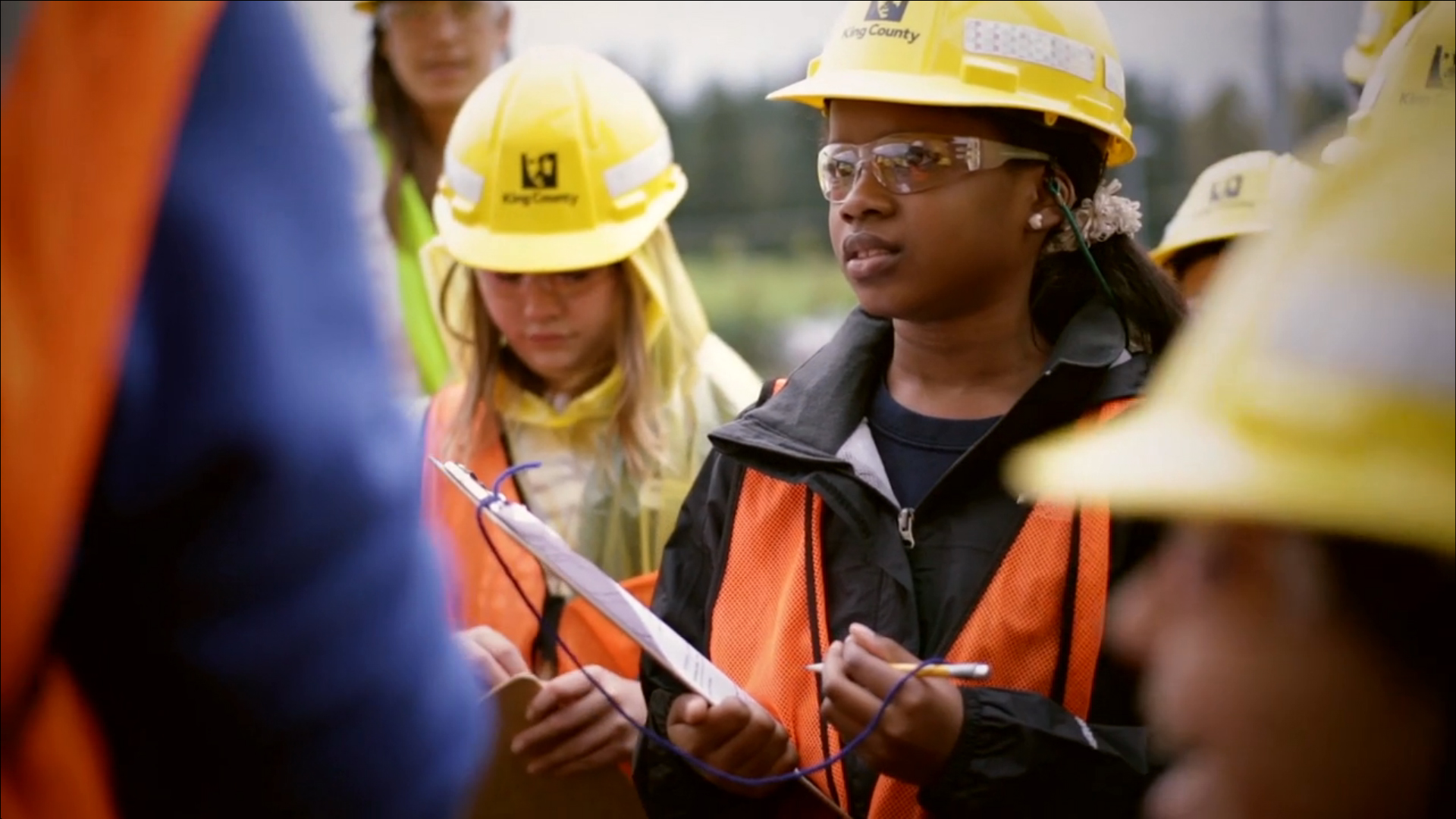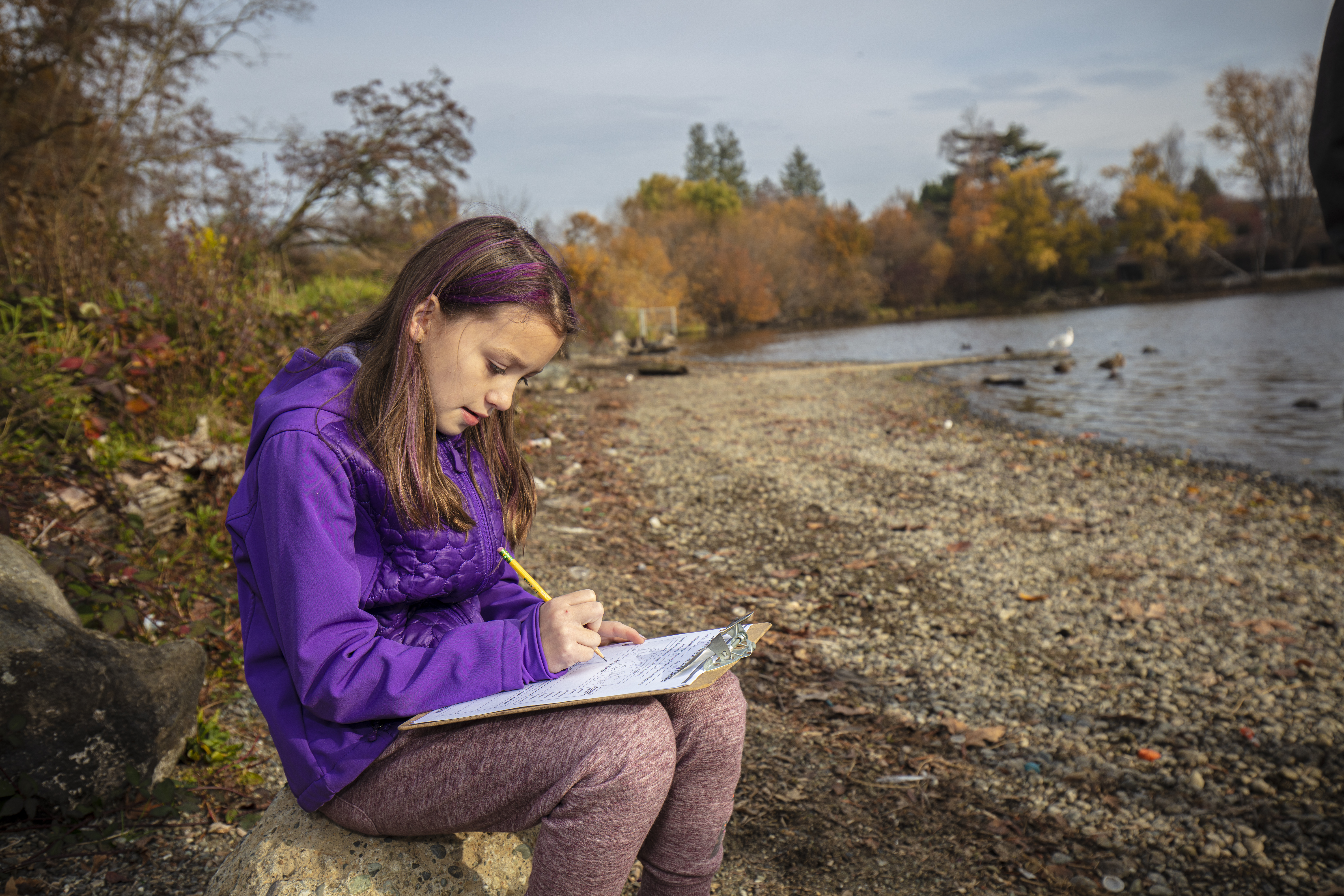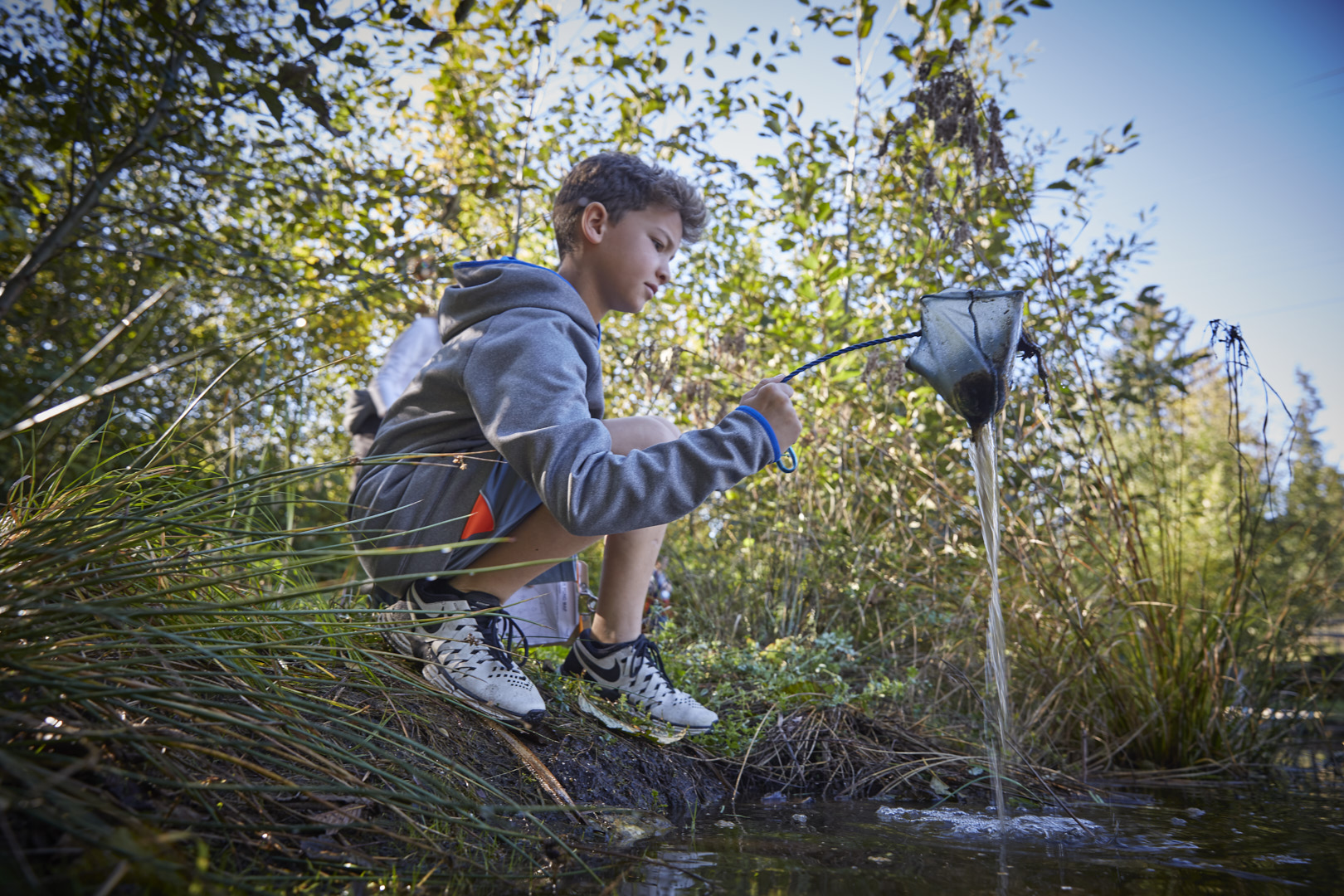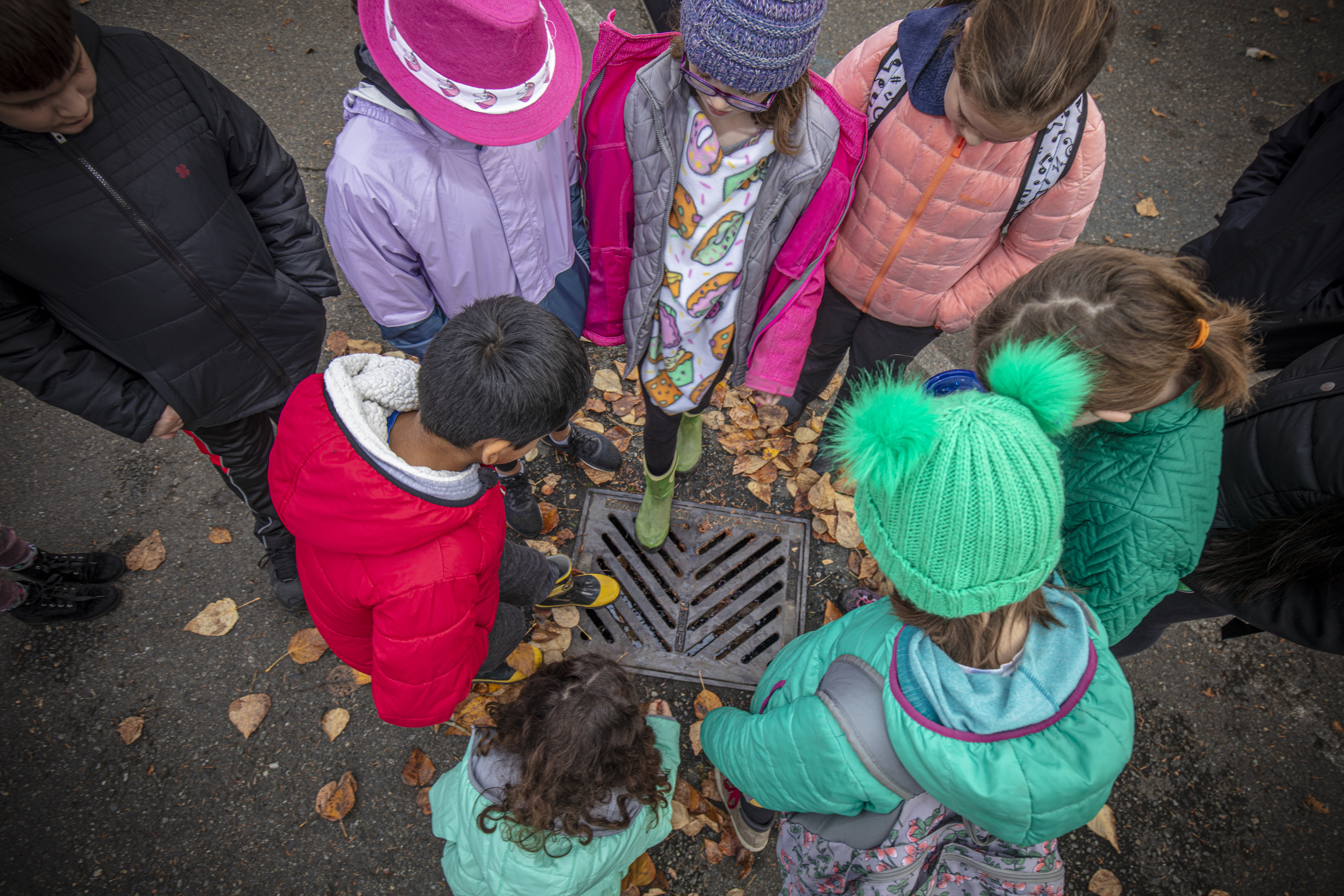JUSTICE, EQUITY, DIVERSITY, AND INCLUSION IN OUR URBAN SCHOOL PROGRAMS
Here you’ll find information about some of the ways we’ve been working to incorporate JEDI into our Urban School Programs. We are growing, learning, and committed to implementing our learnings every day.

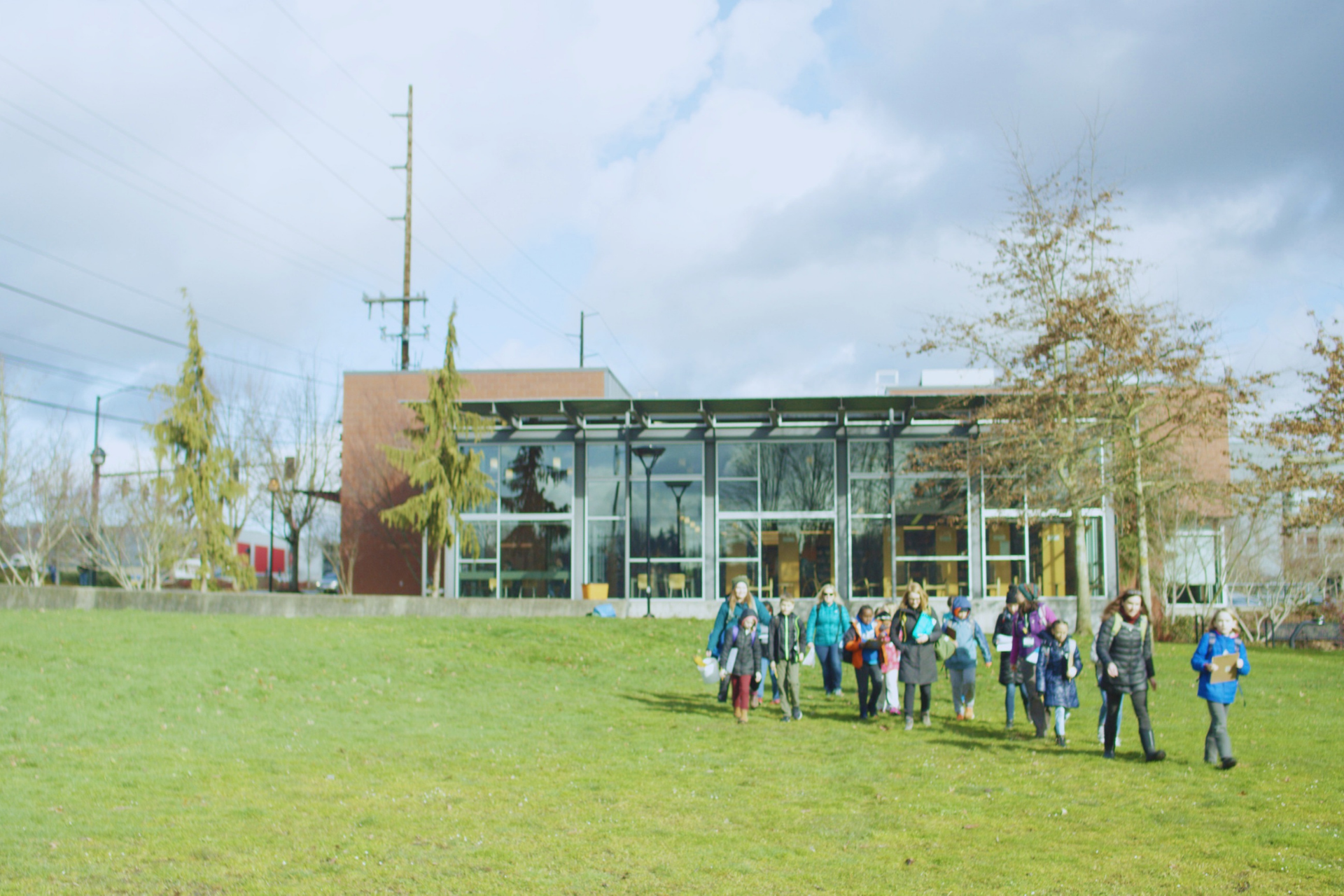
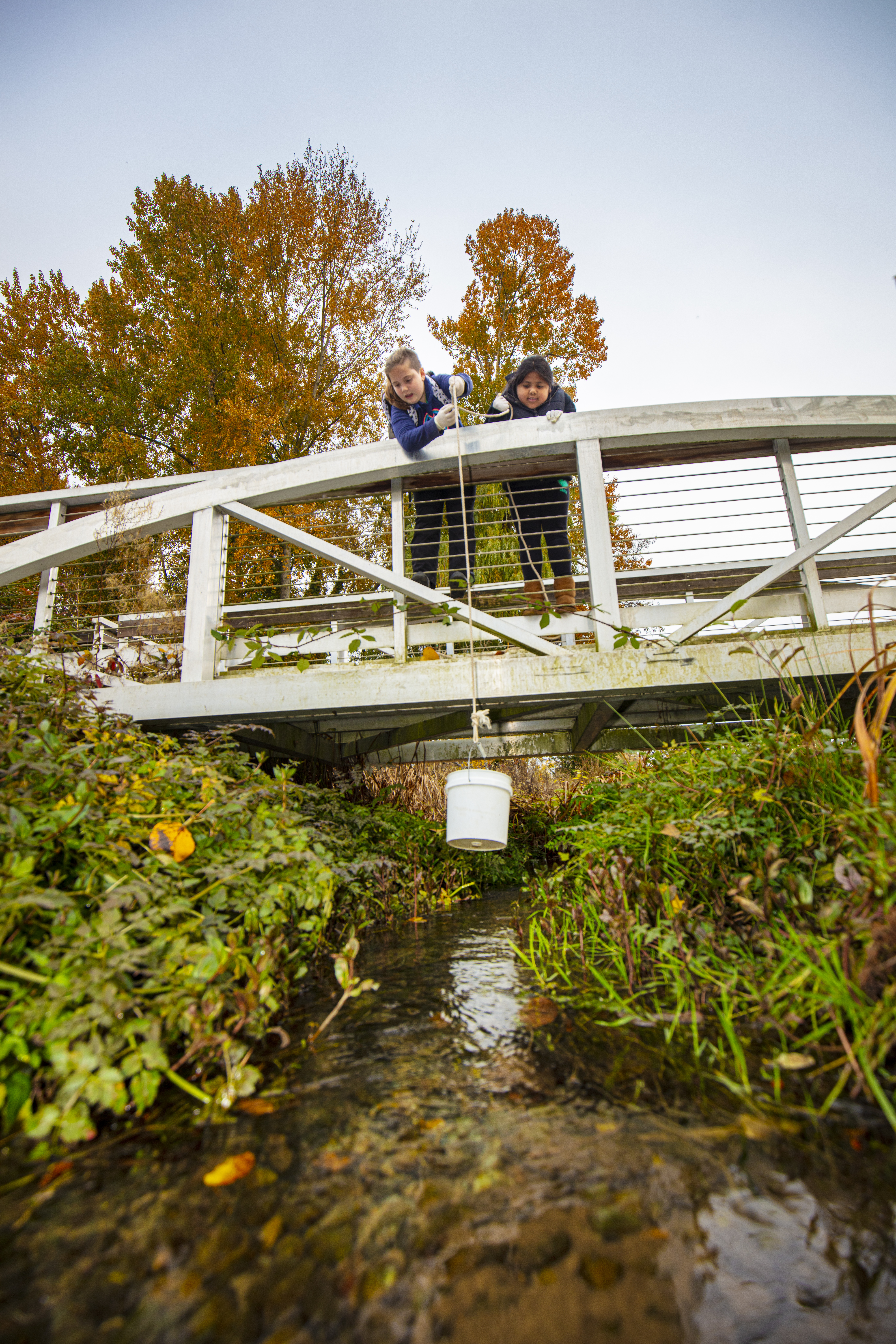
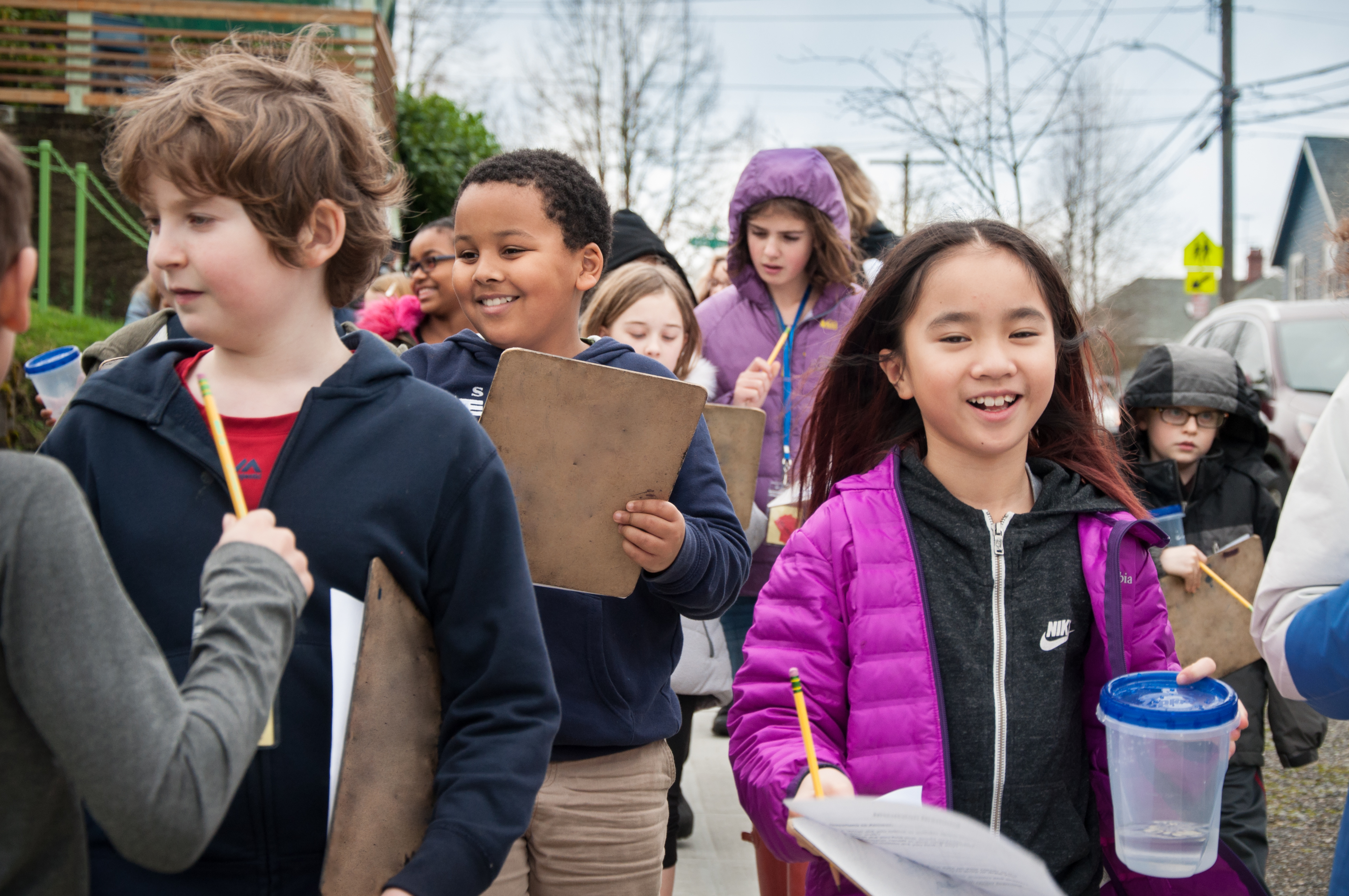
![image6 [Image description: a photo of Celina Steiger and a group of students on the deck of the Argosy boat during the Duwamish River Program. They are looking towards the shore of the river.]](https://islandwood.org/wp-content/uploads/2020/03/image6.png)
